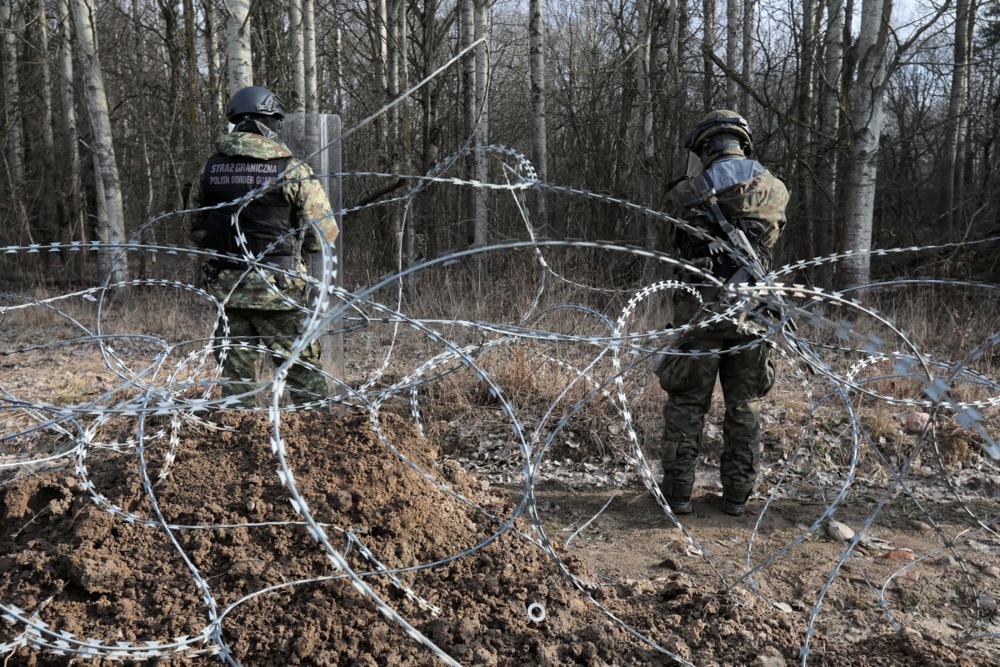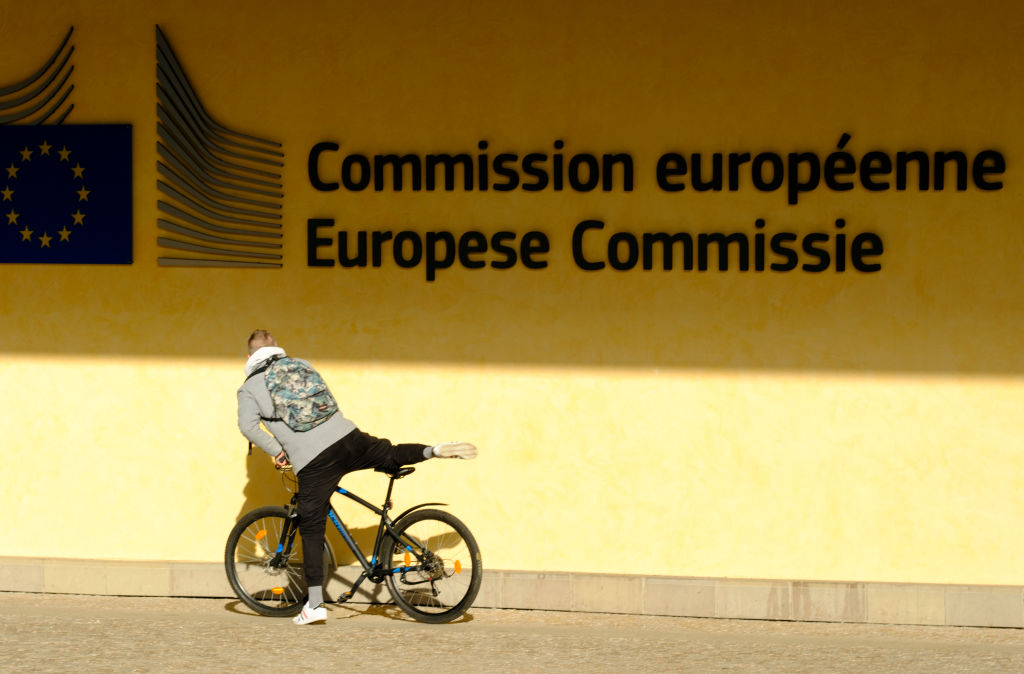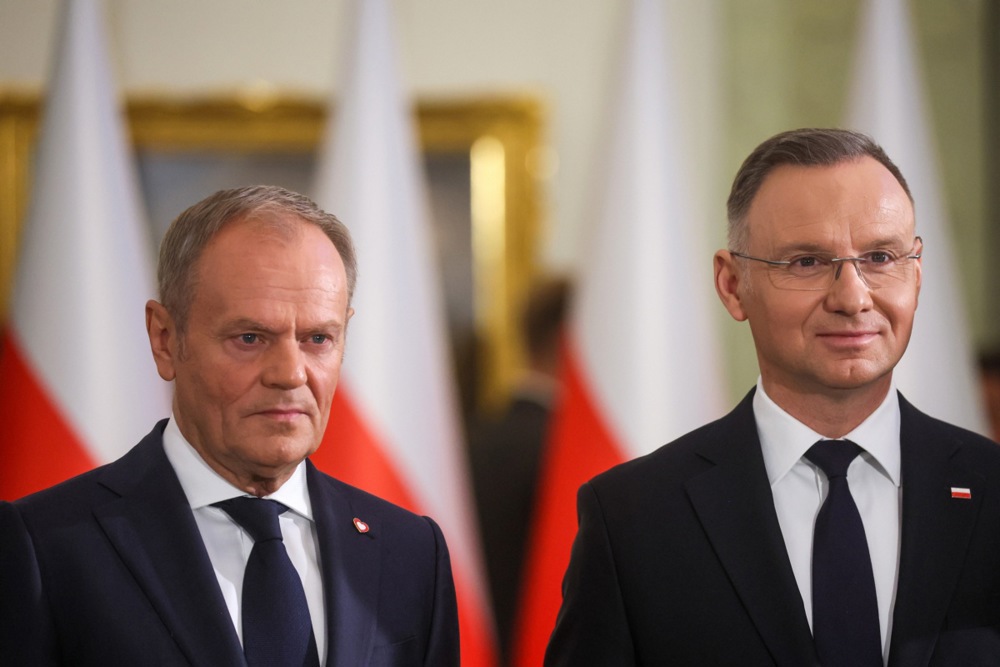The United Nations Committee on the Elimination of Discrimination Against Women (CEDAW) has stated that Poland is violating women’s rights by “unduly restricting access to abortion”.
In a report published on August 26, the committee concluded that the majority of women in Poland seeking abortions have been denied access to safe and legal abortion procedures.
“The situation in Poland constitutes gender-based violence against women and may amount to torture or cruel, inhuman, or degrading treatment,” said CEDAW Vice-Chair Genoveva Tisheva.
The report highlighted several issues regarding access to abortion across Poland.
The committee found that there was a lack of public information on the procedure and an insufficient number of hospitals carrying them out, leading to geographic disparities in access.
The report also pointed out what it said was the inadequate or inaccurate training of medical students and pointed to the fact that doctors can refuse to perform abortions on women based on conscientious objections.
That situation, which allows doctors in Poland to refuse to perform abortions on religious or moral grounds, constitutes a “barrier to access abortion” in the country, CEDAW said.
“Medical students and doctors were not sufficiently trained in abortion management and were unfamiliar with the World Health Organisation’s abortion care guidelines,” the report noted.
Poland already has one of the toughest abortion laws in Europe. The country’s restrictive legal framework only allows abortion when the woman’s life or health is at risk or when a pregnancy is the result of crime.
Even then, according to the UN, Poland’s restrictive access to abortion in cases of pregnancies resulting from crime was severely hindered by a complex and victim-unfriendly bureaucratic process.
“Together, these factors create a complex, hostile and chilling environment in which access to safe abortion is stigmatised and practically impossible,” Tisheva said.
In response to the report, Polish authorities stated: “The government of Poland wishes to emphasise its dedication to guarantee equal access to healthcare services provided by national law, including abortion.”
The Polish Government has also said it will launch a nationwide PSA campaign on reproductive rights and services in Poland among the women and the society at large and will continue to do so in the future.
Abortion remains a divisive issue in Poland.
Polish Prime Minister Donald Tusk was left furious after narrowly losing a parliamentary vote on softening the country’s strict abortion laws due to an intra-government split. https://t.co/qxDEwHGqwe
— Brussels Signal (@brusselssignal) July 16, 2024
On August 23, Prime Minister Donald Tusk stated that there would be no majority support for legal abortion in this parliamentary term.
“I want to tell you something that is unpleasant for me, but it is a fact that we cannot avoid: There is no majority in the Polish Sejm [lower house] in favour of the right to legal abortion that we talked about here and agreed on here, among others … There is simply no majority,” he said.
“We unfortunately have to wait for a change in the law, I have no illusions about that,” he added.
In July, the parliament narrowly voted against easing the country’s strict abortion laws.
President Andrzej Duda of the Conservative opposition (PiS) party, had also made it clear that he would veto any such bill if it were approved by parliament.
A Public Opinion Research Center (CBOS) survey conducted in February revealed that 63 per cent of Poles believed abortion should be permitted by law if the mother’s life was at risk, 62 per cent supported it in cases of rape and 57 per cent if the mother’s health was at risk.
The poll showed less support for abortion in other circumstances, such as when a woman simply does not want a child or faces financial difficulties.
For example, only 12 per cent of respondents strongly agreed with the right to abortion in the case of unwanted child.
In a bid to normalise abortion in the country, the abortion rights group Aborcyjny Dream Team travels across Poland, offering training and non-judgmental advice on how to get a safe abortion.
In 2022, one of its founder, Justyna Wydrzyńska, was convicted for giving miscarriage-inducing pills to a woman.
EXC: Brussels is looking at ways to fund abortions across the continent, according to a report from a behind-closed-doors meeting. https://t.co/ePoQ1w3BFK
— Brussels Signal (@brusselssignal) April 12, 2024





